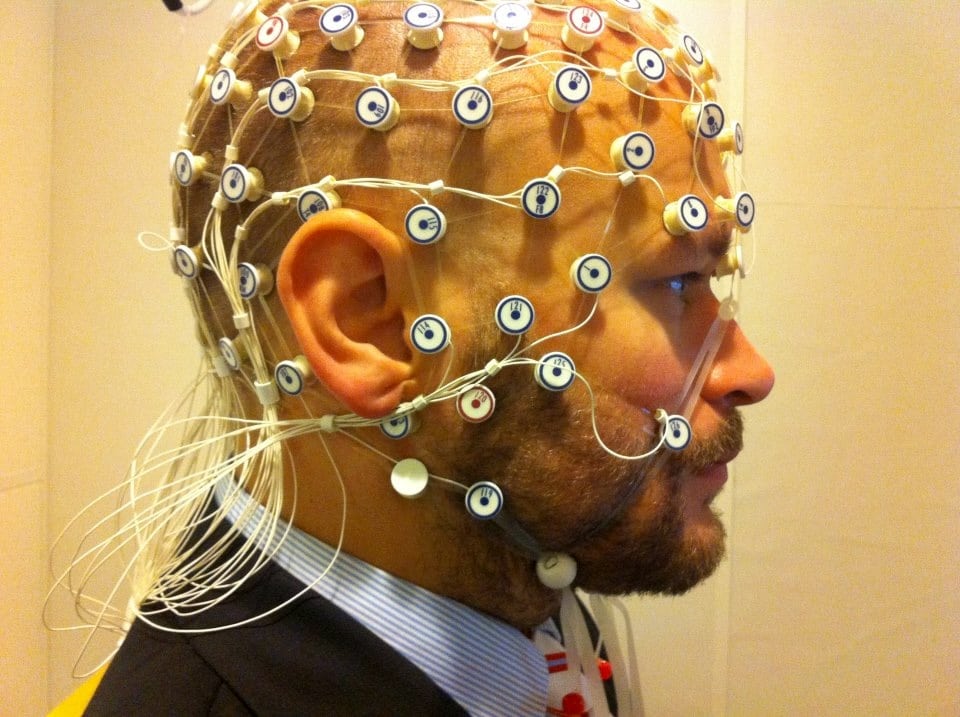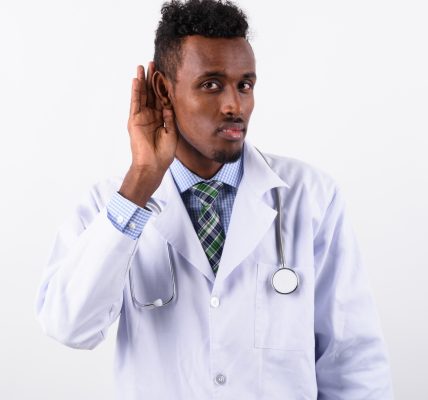Using MORE to Repair the Addiction-Damaged Brain

MORE stands for Mindfulness Oriented Recovery Enhancement, an intervention that significantly improves outcomes in addiction treatment programs.
In a study reported in JAMA Psychiatry in 2023, when MORE therapy was added to standard medical treatment for opioid use disorder (OUD), it resulted in a 42% reduction in relapse two months after treatment ended. Treatment dropout rates were nearly 60% lower.
MORE provides patients with a unique set of tools for riding a wave of pain or craving without giving in to the urge to use. Patients are taught to observe the pain or cravings, not avoid them, and to keep observing until they go away. In this way, the mind is conditioned to wait rather than give-in, and this waiting builds resilience.
In a new study released in JAMA Psychiatry at the end of April, researchers have shown that MORE not only improves decision-making in the moment, but also repairs the brain’s reward system, resulting in the renewed ability to “savor natural healthy pleasure.”
The lead researcher on the study is Dr. Eric L. Garland, the original creator of the MORE program. Dr. Garland, displaying a knack for acronyms, is also the director of ONEMIND (Optimized Neuroscience-Enhanced Mindfulness Intervention Design) at the University of California San Diego. ONEMIND provides mindfulness research and therapy for addiction, stress and pain. ONEMIND is continuously conducting chronic pain studies to assess and refine the MORE program and other pain-relief therapies, such as cognitive behavioral therapy (CBT) and hypnosis.
The new study looks at whether positive emotional regulation is impacted by OUD and whether MORE therapy improved positive emotional regulation. Between 2016 and 2020, 160 patients were recruited through pain clinics and primary care facilities in Utah. Patients were randomized into a support group or MORE therapy.
The MORE therapy involved eight weeks of training. Here’s what was included in that treatment:
- mindfulness training to cultivate meta-awareness and attentional control
- reappraisal training to facilitate negative emotional regulation
- training in savoring pleasant events to enhance positive emotional regulation
- daily practice sessions in mindfulness, reappraisal, and savoring
During emotional regulation tasks, patients wore a 32-channel, active sensor cap continuously recording EEG signals. Vertical eye movements were also monitored. BrainVision Recorder software was used to collect and integrate the data. The study verified that there is positive emotion dysregulation among people with OUD experiencing chronic pain, and that MORE therapy improved positive emotional regulation, “suggesting that this evidence-based therapy might normalize positive [emotional regulation] in OUD.”
A news release from UC San Diego estimates that every dollar spent on MORE saves an average of $798 in costs associated with people with OUD. That’s a pretty amazing return on investment. Dr. Garland’s research has been supported by the National Institutes of Health (NIH) for more than two decades. Dr. Garland hopes this latest study will lead to more widespread use of MORE in addiction treatment, resulting in dramatic improvements in patient outcomes nationwide.
Written by Steve O’Keefe. First published May 8, 2025.
Sources:
“Positive Emotion Dysregulation in Opioid Use Disorder and Normalization by Mindfulness-Oriented Recovery Enhancement,” April 30, 2025.
“Telehealth Mindfulness-Oriented Recovery Enhancement vs Usual Care in Individuals With Opioid Use Disorder and Pain,” December 7, 2023.
“Mindfulness Therapy Reduces Opioid Craving and Addiction, Study Finds,” UC San Diego Today, April 30, 2025.
“MORE Is Better When It Comes to Addiction Treatment,” AddictionNews, May 28, 2024.
Image courtesy of Wikimedia Commons, used under Creative Commons license.




